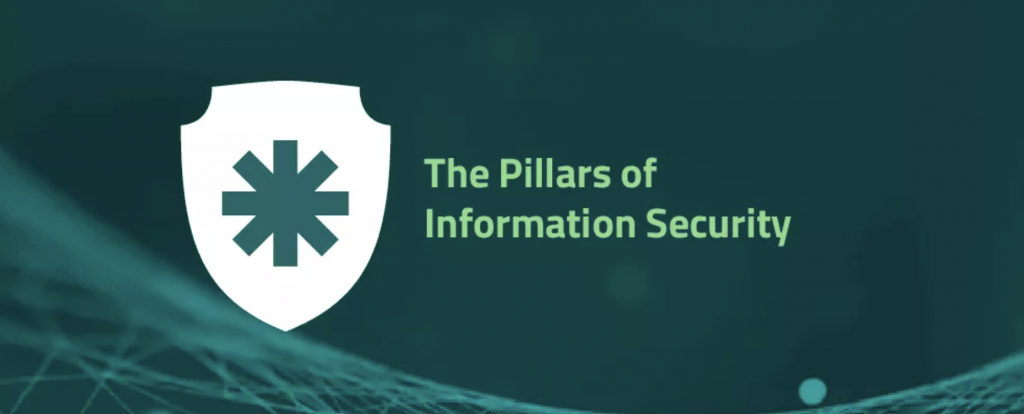
Given the importance of protecting employees and the information of an entire corporation, it is essential to understand and put into practice the 5 pillars of information security.
Dealing with information security has already become a routine agenda in management meetings, as it allows for the reduction of financial losses, in addition to creating protection mechanisms in processes, technology, and people, not only against cyberattacks or information leaks but also to ensure security on many other issues that will be reported here.
There are 5 pillars of information security: Confidentiality, Integrity, Availability, Authenticity, and Non-repudiation.
Keep reading to better understand each one of them!
Protecting data is the main goal of information security and, during the digital age we live in, information helps ensure companies’ competitive advantage. Therefore, it is necessary to protect this information that generates value and credibility for organizations.
Threats to information security are numerous, such as unauthorized access, data loss, intrusions, leaks, and many others that can come from hacker attacks or even human errors.
With technological evolution, risks increase and require even more effective protection management.
Thus, the defense base of corporate systems and infrastructure are the pillars of information security that work through policies, passwords, encryption software, and other processes required for this risk management.
When we talk about threats that surround the pillars of information security, we are referring to different types ranging from digital to human ones.
Some of them are known for software attacks through viruses, e-mails, and phishing websites, which are responsible for stealing data and passwords, social engineering scams, which manipulate people to steal private information, theft of mobile devices that store confidential information, and denial of service attacks (DoS and DDoS).
In research conducted by the Global Cyber Risk Perception Survey, in 2019, 79% of respondents considered cyber risks to be among the 5 most worrying in their organizations.
Considering the many threats that exist, how should companies protect themselves? Let’s learn more about the pillars of information security!
The Integrity pillar is responsible for maintaining the original characteristics of the data, as they were configured in their creation. In this way, the information cannot be changed without authorization.
If there is an improper change in the data, it means there was a loss of integrity, so it is necessary to implement control mechanisms in order to prevent unauthorized alteration of information.
This pillar protects information from unauthorized access, establishing privacy for your company’s data, avoiding situations of cyberattacks or espionage.
The basis of this pillar is to control access through password authentication, which may also take place through biometric scan and encryption, which has been generating favorable results in this purpose.
The ideal in an information system is for data to be available for whatever is needed, ensuring full-time user access.
This requires stability and permanent access to system data through fast maintenance, constant updates, and debugging.
It is important to remember the vulnerability of systems that are susceptible to blackouts, fires, denial attacks, and many other threat possibilities that exist in this context.
After learning more about the pillars of information security, one needs to assess whether their practices are following these principles to stay away from the infinite possibilities of threats to their data.
Many solutions are already used by several companies seeking to eliminate risks to security systems, consolidating the pillars of information security in their organization, after all, whoever has information has power in this digital age.
